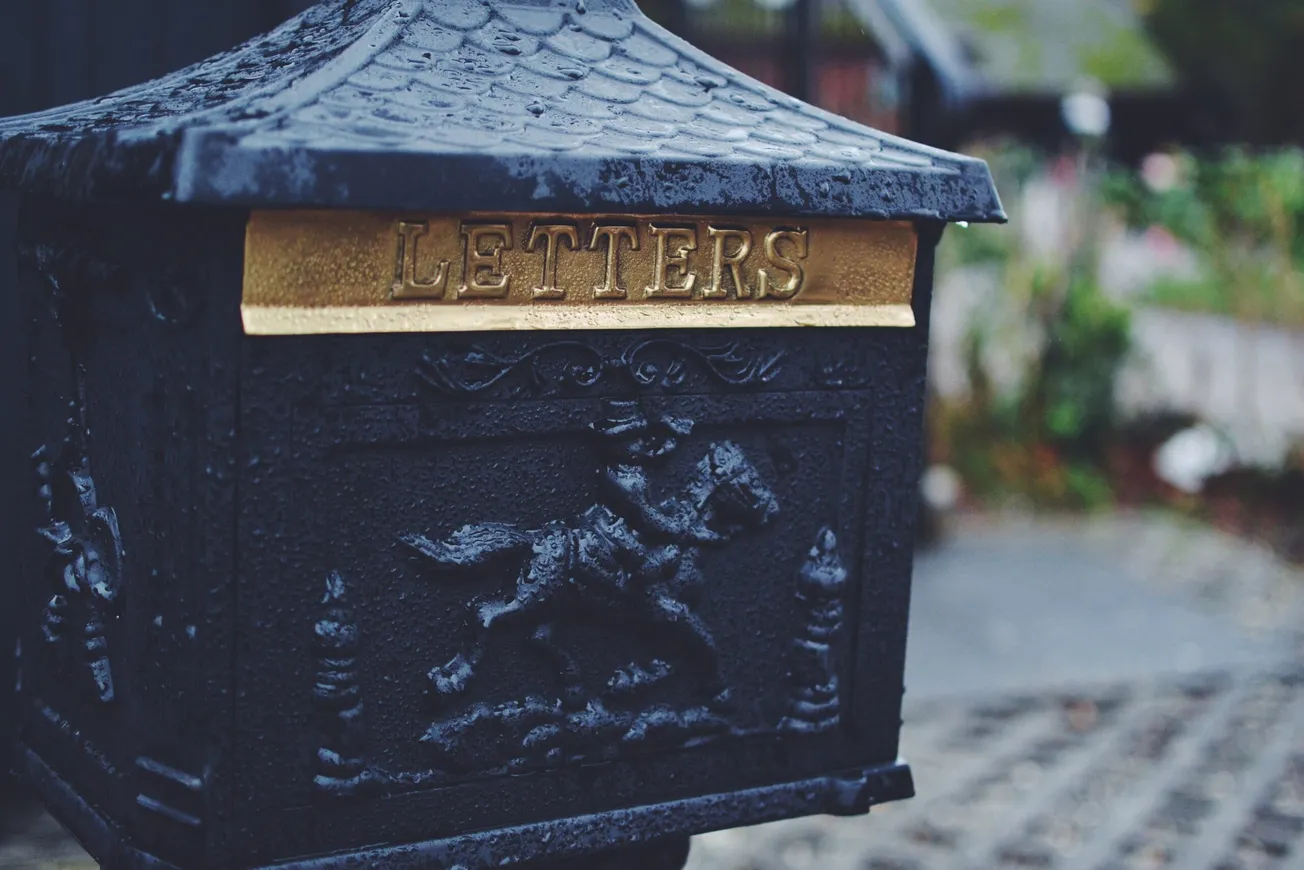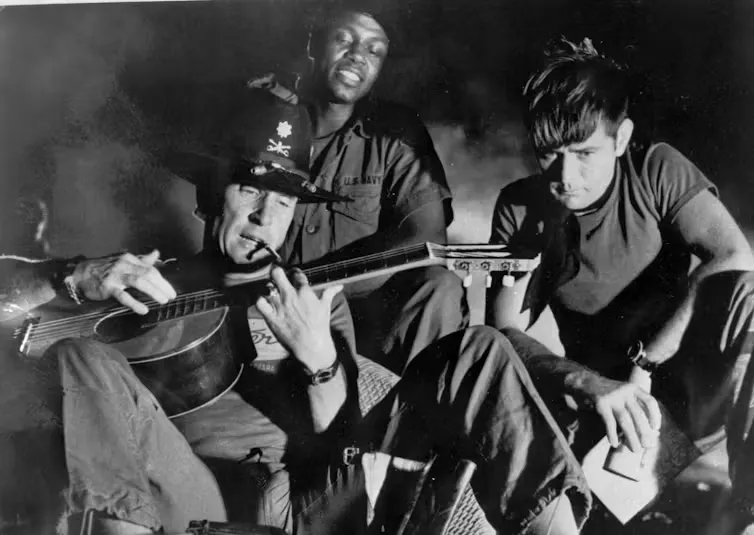Table of Contents
Well, the family have returned to New Zealand and will shortly be updating me with their considered views on the two countries.
Their visit caused me to reminisce about the past and current events led me to recall my time working in Ukraine, especially in Kyiv. I have spent time in many countries in the world and Ukraine was very different from my previous travels. It was experiencing the birth pains of being an independent nation after the collapse of the USSR and the currency was delightfully named coupons, karbovanets. These were introduced in 1990 and were needed in addition to roubles to buy groceries and other essentials until the withdrawal of roubles in 1992. There was then a period of uncertainty until the introduction of the hryvnia in 1996.
Ukraine’s economy contracted annually between 9.7 and 22.7 per cent in 1991-1996. The country experienced hyperinflation and an exceptionally huge production decline for a country not ravaged by a major war. Official GDP collapsed by almost half from 1990 to 1994, and slow decline continued throughout the decade. Economic growth would not resume again until 2000. The budget deficit was, at 14.4 percent of GDP, exceptionally large. Barter and the use of surrogate moneys and foreign currencies prevailed. Ukraine had introduced a sovereign currency, the hryvnia, but it was little used. A shadow economy swelled and compensated for an unknown share of the economic collapse.
Pekka Sutela, Carnegie Endowment for International Peace, 9 March 2012
It was in this environment that I was tasked with helping SMEs to make the transition from a controlled state-led economic system toward a market economy. This did result in some early success (not because of me, I was but a minor participant). However, the system was still struggling in many ways years after my time there was completed, especially when it came to corruption and the business environment. At a micro level I was impressed with the eagerness to embrace enterprise at this level, but it contrasted strongly with the rise of oligarchies and the “mafia”.
During briefings at a couple of embassies, I was made aware of the extent of such influence and saw at first hand the difficulties of SMEs trying to get established fighting against this influence on one hand and the burgeoning black economy on the other. However, I worked with some talented and driven people and was impressed by their sense of nationalism and pride in trying to build a nation. They made me very welcome and I have fond memories of both country and people.
I stayed in a regular workers’ estate on the eastern edge of Kyiv and experienced a normal working life, as opposed to being a tourist. Given the destruction going on in Ukraine, I feel moved to share some views of a beautiful city from my stay there.
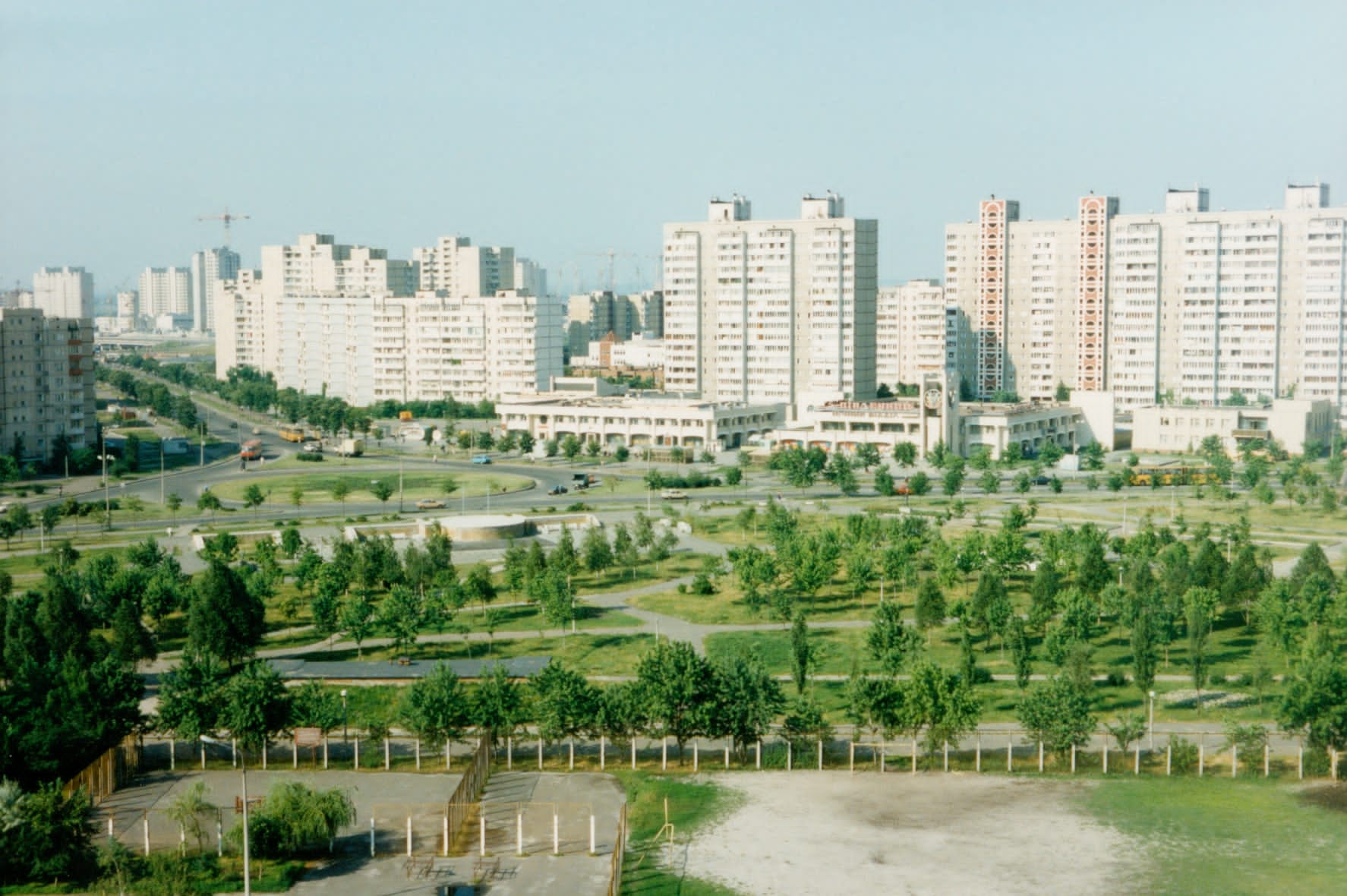
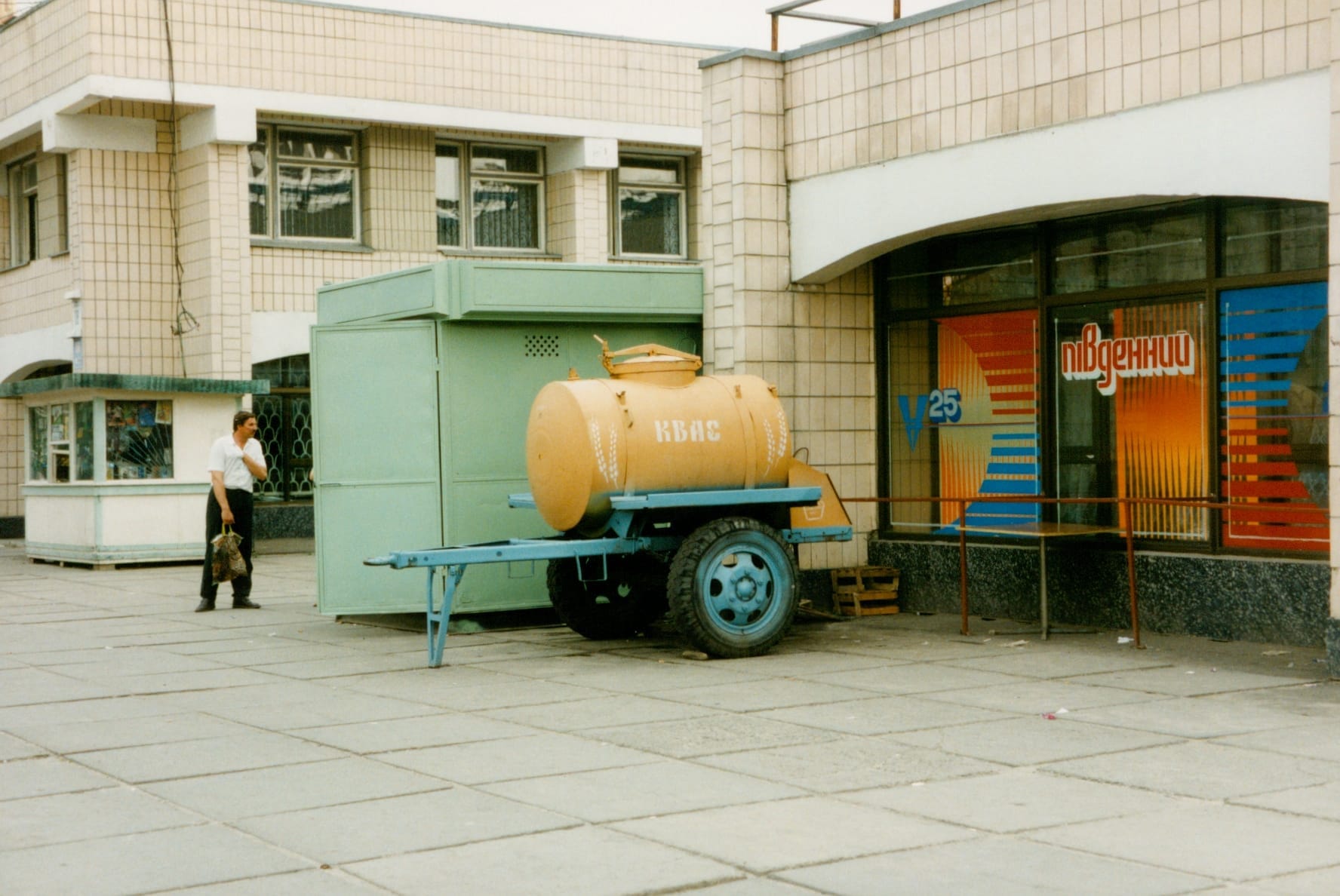
I enjoyed quenching my thirst with kvass, which was delivered to the neighbourhood in a trailer and was used to fill up the purchaser’s own containers. Kvass is a sweet-sour low-alcohol drink made from a mash obtained from rye bread or rye flour and malt soaked in hot water and fermented for about 12 hours with the help of sugar and bread yeast or baker’s yeast at room temperature. In industrial methods, kvass is produced from wort concentrate combined with various grain mixtures. It is actually quite refreshing.
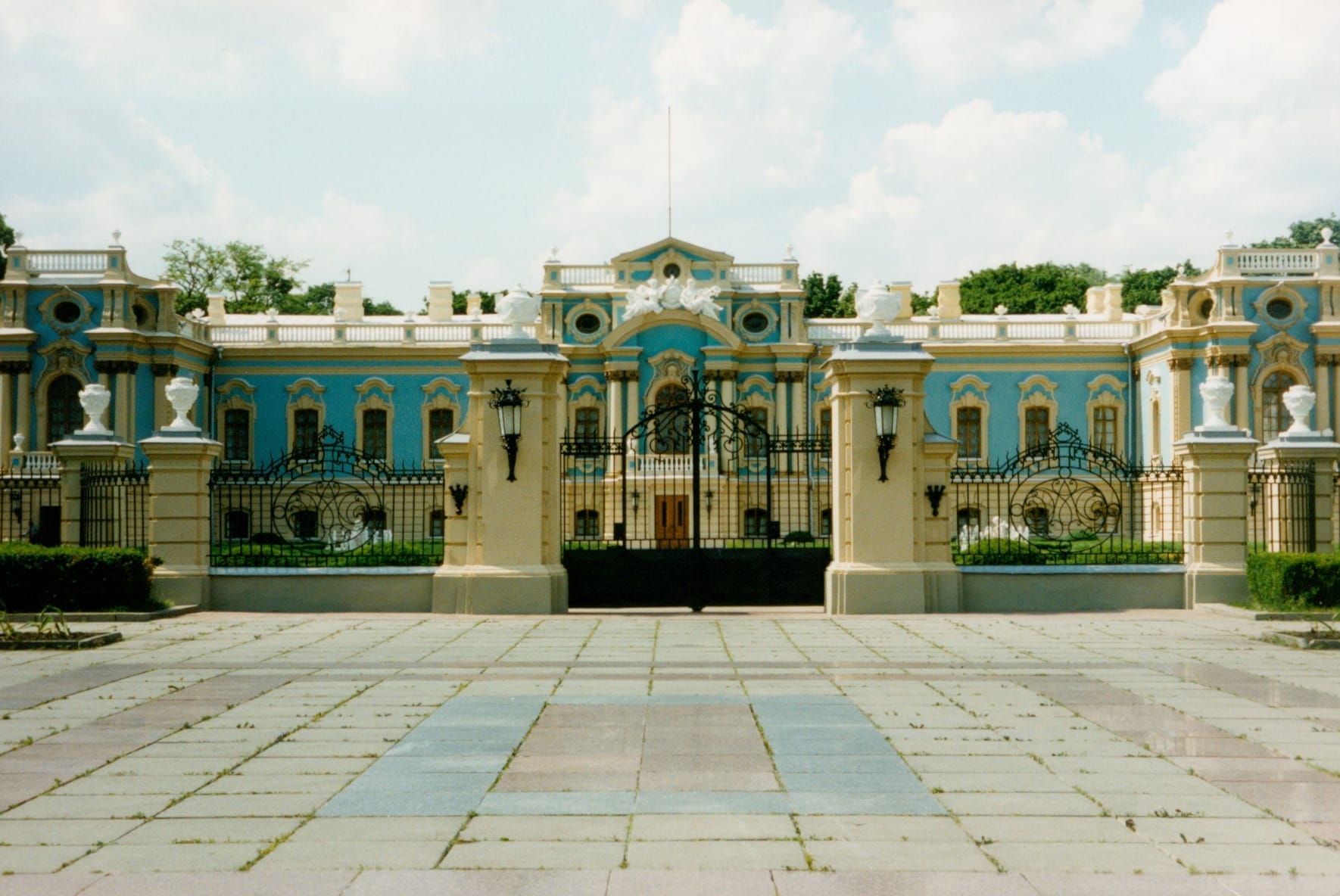
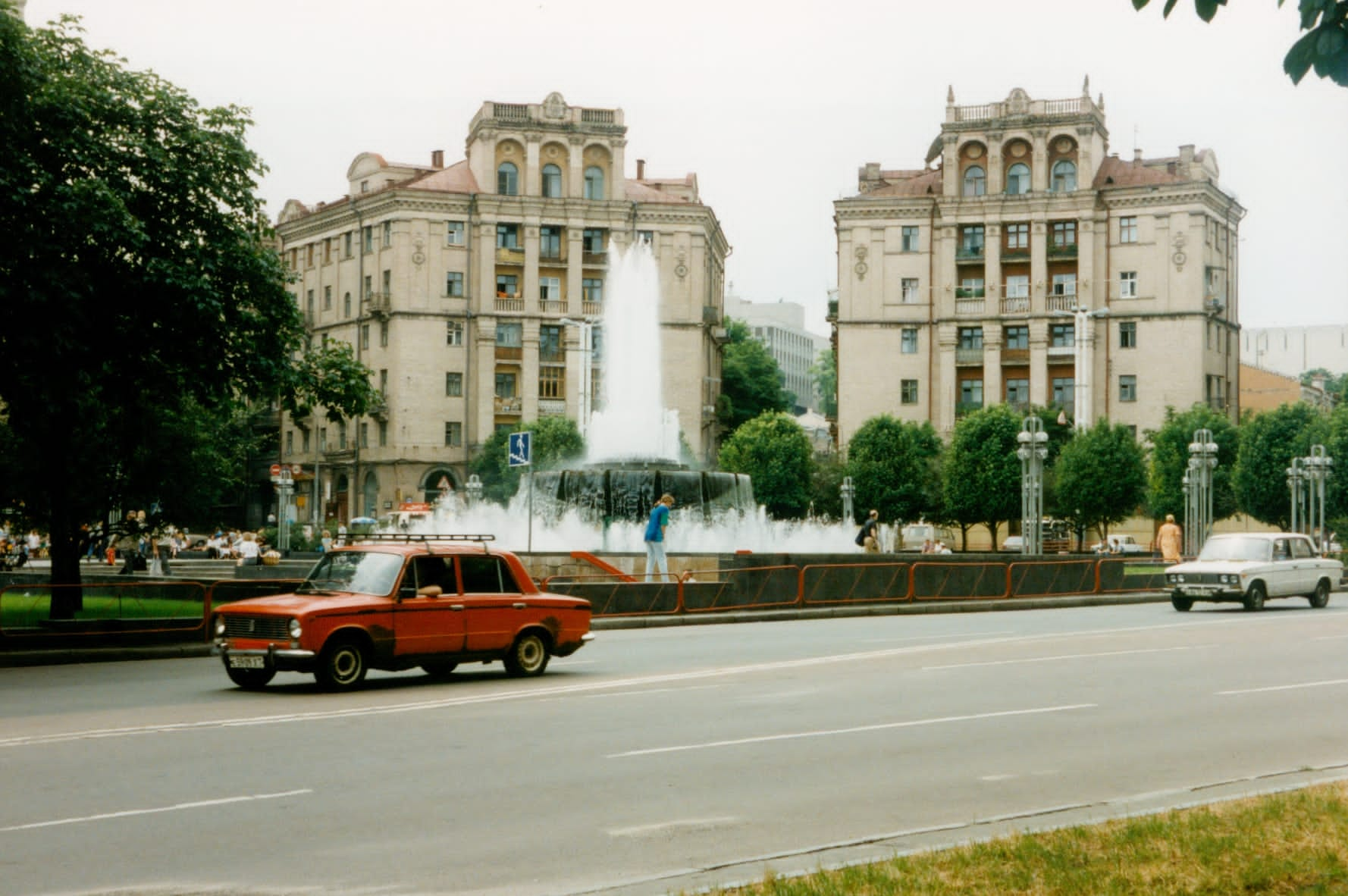
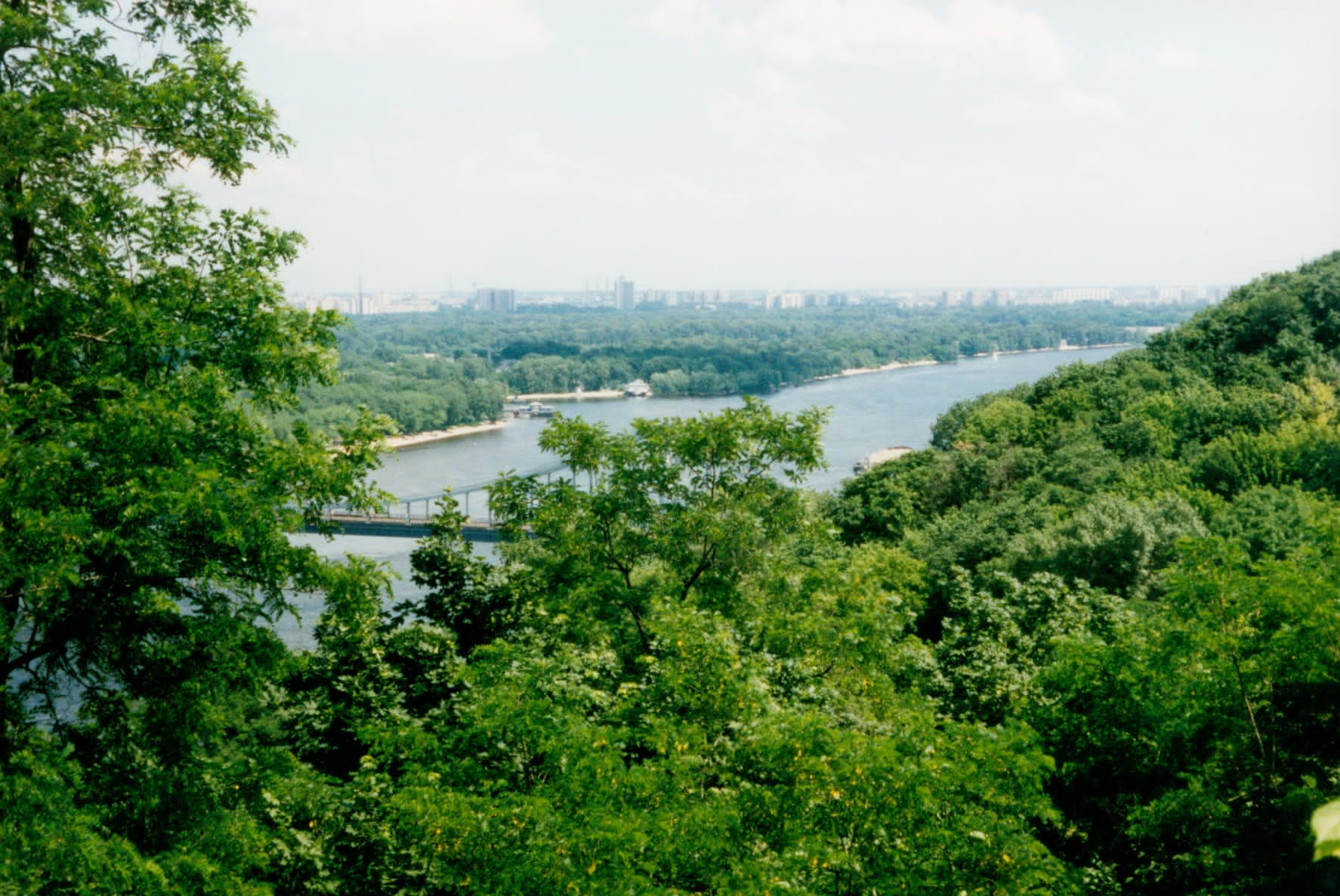
And finally:
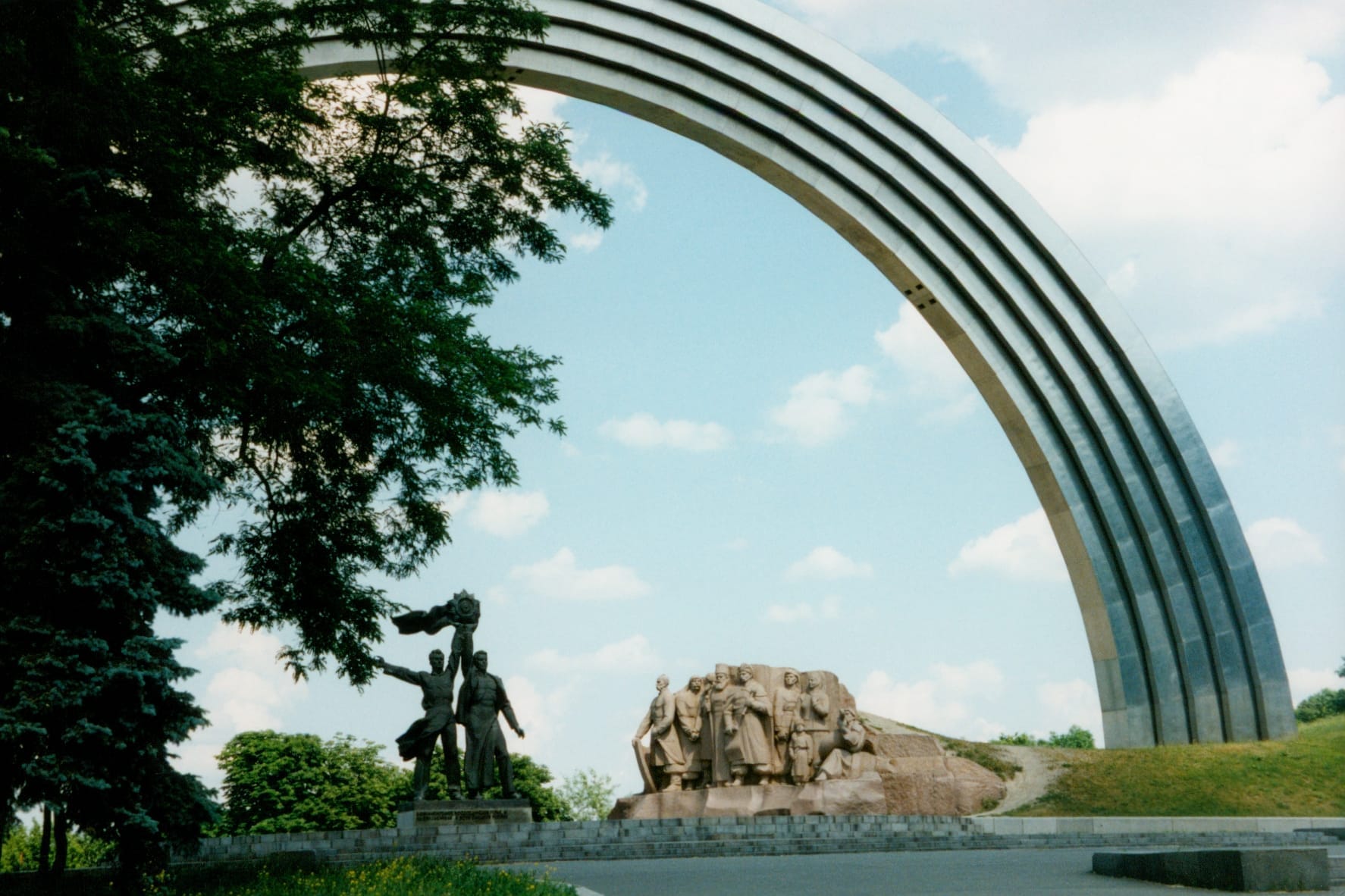
The Arch of Freedom is a monument in Kyiv. It was opened on 7 November 1982 to commemorate the 60th anniversary of the USSR and the celebration of the 1,500th anniversary of Kyiv. The presence of this arch under shelling by Russian troops is the height of irony.
I apologise for my travelogue but, given the current situation in Ukraine, I thought it would give some perspective on what is being fought for.
With the family having returned home to New Zealand, I will resume commentary on the UK, which is becoming increasingly surreal with inflation approaching 10 per cent and political indiscretions increasing exponentially.

